The past few weeks have seen a lot of discussion and debate over what the Federal Reserve (aka “The Fed”) should do with interest rates. Increase them or decrease them, and by how much? The latest plan is to raise them, but not as fast as before.
According to the economics textbooks, if interest rates are too low, it causes inflation - which we’ve seen a lot of in the past few months. But if rates are too high, it chokes off the economy and depresses the stock market and destroys jobs and everything. What to do, what to do? This dilemma deserves some reasoned analysis.
We are told that the Fed is needed to control the money supply and its inverse sister, the interest rate. The thinking goes something like this: we mortal humans are not intelligent enough to spend, save, and invest money correctly. Left to our own devices, we would spend more than we take in, and we'd be incapable of running businesses, and build bridges to nowhere, and so forth. Thus the super-intelligent gods of government must take control and run things so that, you know, it's done correctly. They shall be the ones who decide how much money shall be in the economy.
Let's back up a few millennia. In the beginning, the concept of "money" was not invented by government. People figured out that, in order to buy, sell, trade, and save, we need a medium of exchange. Bartering was great, but it only worked when all parties in a transaction were trading things worth equal amounts. They experimented around with assorted items of value, but the one commodity that worked best was precious metals, such as gold. It was durable, easily divided, had intrinsic value, and reasonably stable quantities.
But governments are always looking for ways to accumulate more power. So they commandeered the whole "money" thing, using the ole' dependable argument that they were "protecting the common good". They banned trading in gold, and printed up little pieces of paper with pictures of dead politicians. And they passed Legal Tender laws, which said to the people: "This is money. Use it, else go to jail."
The Federal Reserve Notes that you have in your wallet are just that: a piece of paper, not backed by gold or anything. There's nothing in the world to stop the government from cranking up the presses and printing as many of them as they wish. The alternative is taxation, but that is forever unpopular; so simply taking over a nation's currency is a far easier way for government to spend all it wants.
That takes us up to where we are today, and the controversy over how much money shall be in the economy. If the Fed lowers the interest rate and increases the money supply, it creates an illusion of a booming economy, but make no mistake: they have not created one smidgeon of wealth. They call it "monetary policy"; I call it "counterfeiting". But if "monetary policy" can "stimulate the economy", why is it illegal for ordinary citizens like me to do likewise? They would probably answer that they are smarter than me and only they know how to do it properly.
Or the Fed might increase the interest rate and slow the money supply, ostensibly to control inflation. Never mind that inflation was fundamentally caused by the government spending more than it takes in - and we’re talking deficits in the $Trillions.
So just what is the interest rate “sweet spot”? Not to worry. The bureaucrats have it all figured out. “Trust us”, they say.
A good analogy would be if the government was in charge of deciding how many shoes that manufacturers shall be permitted to produce. Shoes, after all, are important! And we don’t want greedy profiteers making the calls. So the bureaucrats, each with a pile of impressive credentials, would accumulate tons of data and prepare all their complicated-looking charts and graphs. Then they'd issue their edicts, and any shoe manufacturer who exceeded their quota would be prosecuted to the full extent of the law.
But of course this is ridiculous because the free market can figure out how many shoes (or anything) to produce without governmental "help", thank you. The free market always figures out a way to make it work, at the lowest cost and highest customer satisfaction possible. Why the heck do we assign to bureaucrats something as vital as money and finance?
Now back to the original question: raise rates or lower rates? The correct answer is: NOTA. None Of The Above. The damage to the dollar and the economy was already done when the government overspent revenue. What we should do is abolish the Fed, whose power to create paper money out of thin air enables infinite governmental debt.
With the Fed gone, Legal Tender laws also become history, and people can then conduct business using whatever currency they choose. It could be gold, silver, Mexican Pesos, Japanese Yen, Bitcoin, McDonald’s Gift Certificates, or perhaps United States Federal Reserve Notes, whatever. Banks may even create their own currency. Which currency will prevail in the market? Whichever has the best integrity and stability! People will reject any currency that is unstable or if there is doubt over its real value.
The free market works, if you let it.




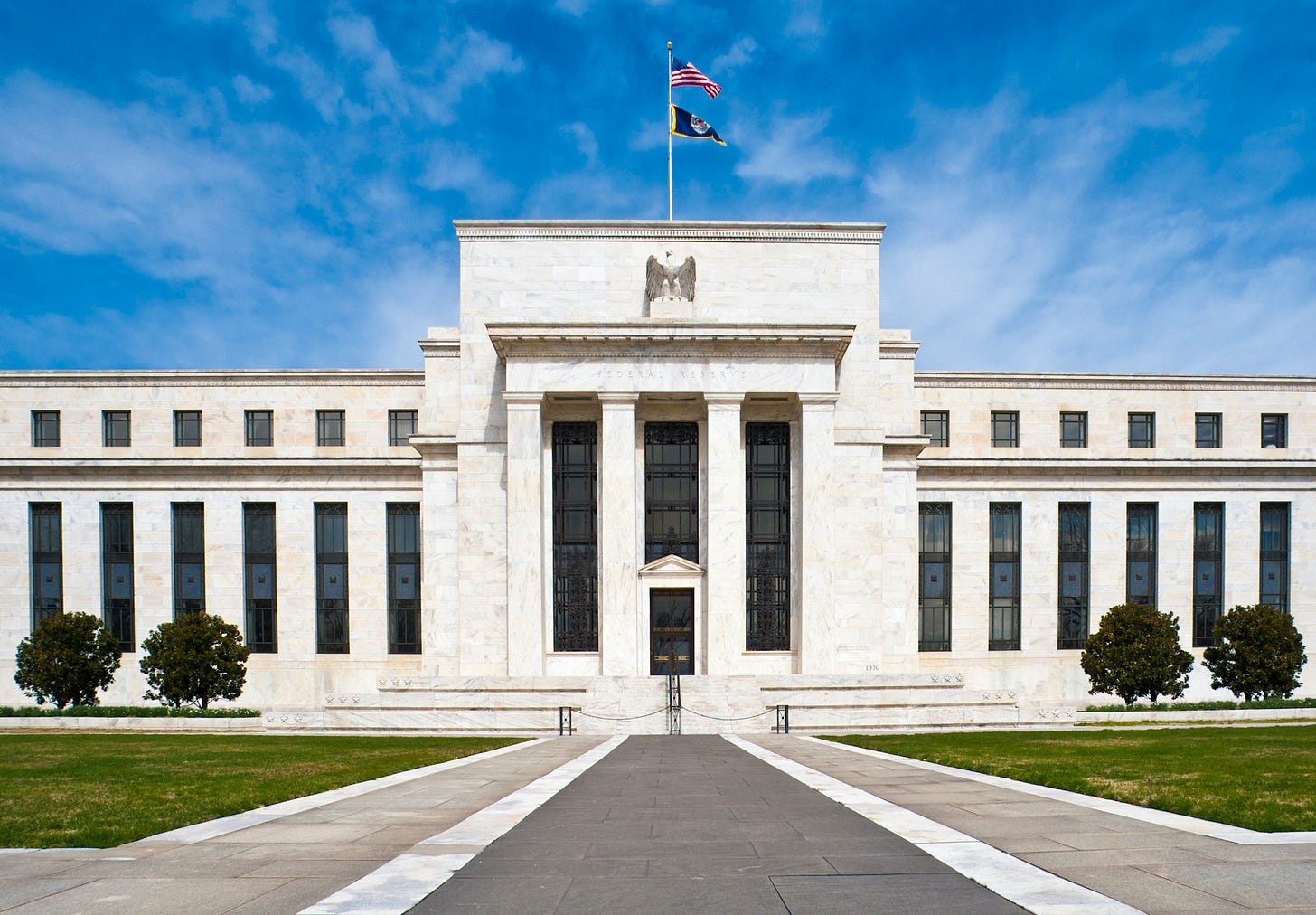
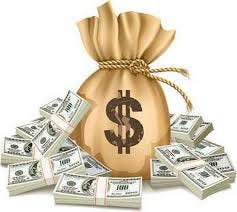
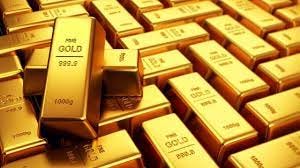
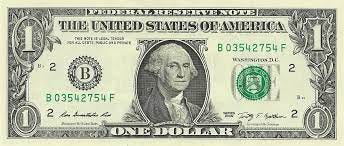

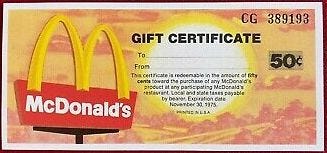

I agree with most everything you wrote. But to play Devil's Advocate, there is a three-letter response: "SBF".
Compared to crypto, the dollar is a beacon of stability. In fact, compared to most other government currencies, the dollar is a beacon of stability- its "reserve currency" status has allowed us to sort of get away with massive government spending, paid for by debt, much of which is "monetized' by the Federal Reserve.